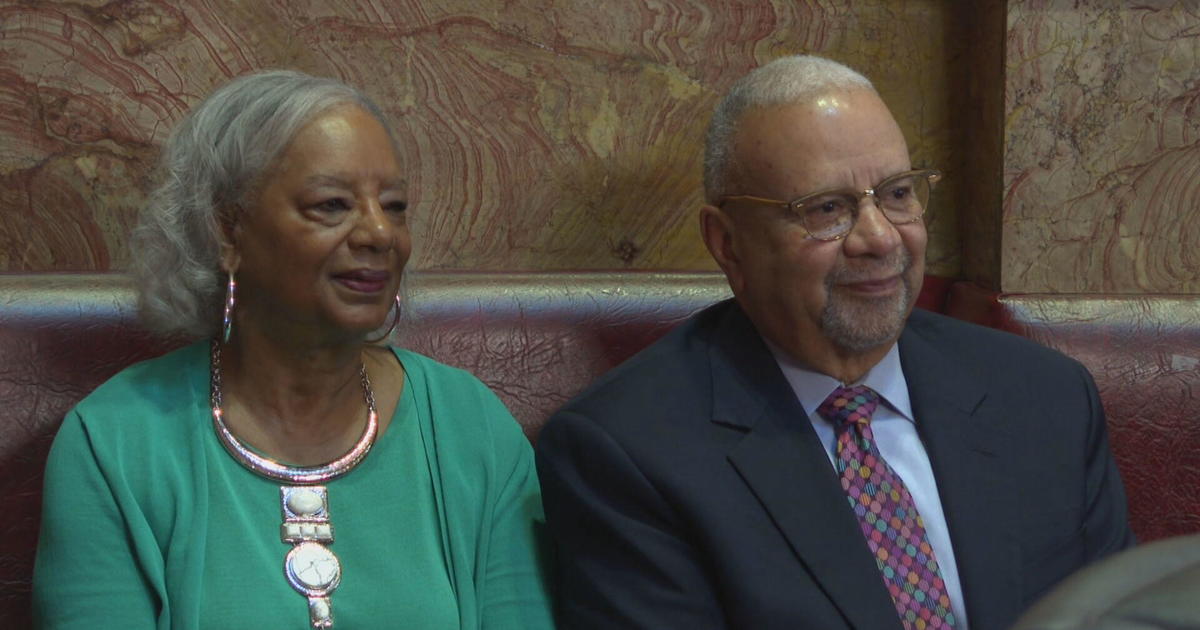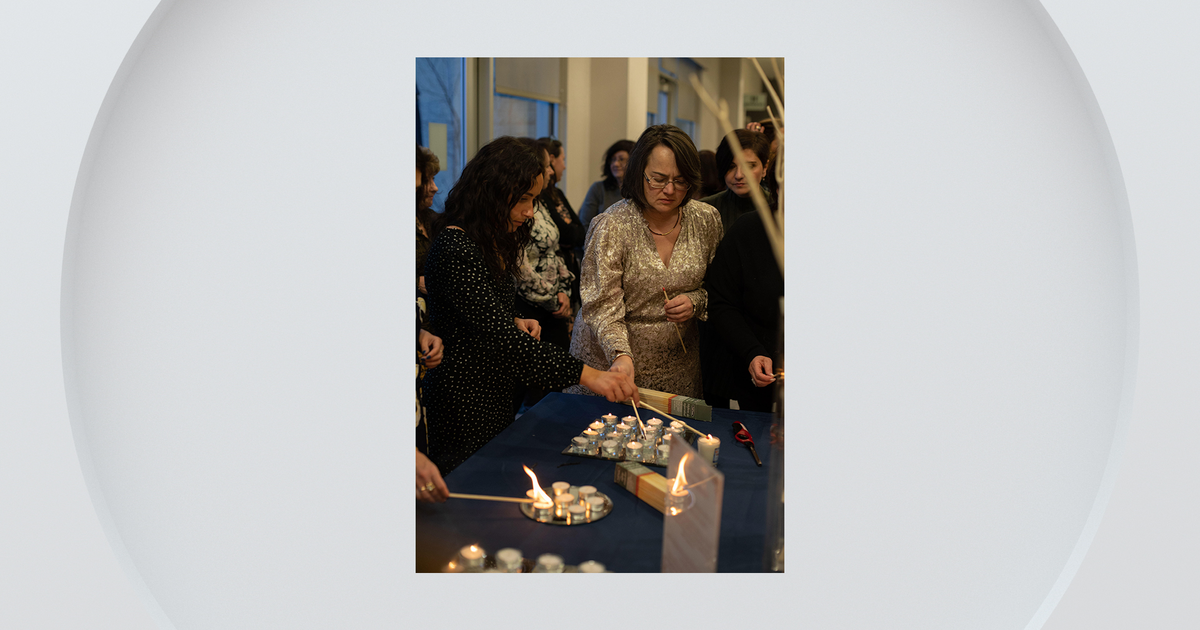Tea Party Role Uncertain In Colorado GOP This Year
WOODLAND PARK, Colo. (AP) -- A month before Colorado's Republican presidential caucuses, uncertainty about which candidates will be left in the race is only one big question. The other unknown: What role will tea party groups play?
Two years ago, Colorado's tea party activists packed precinct caucuses and county and state Republican assemblies. They helped oust well-connected candidates for both top-ticket races -- governor and U.S. Senate -- in favor of less experienced contenders with grassroots appeal and folksy charm.
The GOP went on to lose both contests while Republicans in many other states cruised to victory.
This year, opinions vary about whether tea party activists will be splinter spoilers or part of the mainstream Republican Party.
In Woodland Park, Teller Tea Party Patriots gathered to watch Tuesday's Iowa caucus returns over beers and burgers. Members debated support for GOP front-runner Mitt Romney or a candidate who is less organized but more to their liking.
"If you are going to tell me that Mitt Romney is any different than (President) Barack Obama, you are incorrect," said 47-year-old carpenter Steven Sandler, who backs Ron Paul. Several folks cheered.
"If you're not supporting the Republican candidate, you might as well support Obama," replied Pete LaBarre, chairman of the Teller County GOP.
The next night in Denver, conservatives at a Liberty on the Rocks happy hour couldn't agree on the tea party's role, either.
Michael Findley, 25, brought up the 2010 U.S. Senate race. In Colorado's Republican primary, former Lt. Gov. Jane Norton was defeated by tea party favorite Ken Buck. Buck lost to Democratic Sen. Michael Bennet, who was appointed to the job in 2009 and had never run for political office before.
"There's not a Republican tea party person I ever talk to who doesn't remember Ken Buck and Jane Norton. They know we could have another Republican in the Senate right now if it wasn't for all that," Findley said. "If you don't win, you can't govern. And if you can't govern, you can't change things. We need a candidate who can win."
Arapahoe County Republican Neal Pashman argued that tea party conservatives aren't about to defer to conventional political wisdom this year.
"They're not going to waste time coalescing around a certain candidate because that's what they've been told to do," said Pashman, a 57-year-old online marketer who said he attends up to 22 tea party or conservative events each month. "The tea party is more aware than it was two years ago. It's growing exponentially. The Republican leadership? They're clueless."
State GOP chairman Ryan Call downplayed the intraparty tension ahead of the Feb. 7 caucus.
"They've in many ways become (more) integrated with the party as a whole" than in 2010, he said.
Back in Teller County, some tea party activists agreed with Call.
"Two years ago, the Republican Party was scared to death of the tea party. Now, it feels like a cooperative effort," said 62-year-old Brian Walker of Florissant, who owns a sheet-metal company.
Walker didn't seem worried that Republican infighting would produce a weak candidate or depress enthusiasm in the general election.
"You know, dissension's wonderful right now," Walker said.
Lu Busse, chairwoman of the 9-12 Project Colorado Coalition, said she's a Romney skeptic. But she said she and most tea party activists will support him if he wins the nomination.
"A majority realize that any of the Republican candidates would be better for the country than President Obama," she said.
Colorado Republicans have a history of going along with the national party. In 2008, Romney handily carried Colorado's GOP presidential preference caucuses. When Romney dropped out the next day, those delegates switched to another candidate. By the time of the national GOP convention that summer, all of Colorado's Republican delegates except one were pledged to the eventual GOP nominee, Sen. John McCain.
Colorado's early caucus date leaves plenty of time for the presidential race to change. Few Republican candidates have campaigned here, and party activists said they've seen only limited organization from any of the camps.
"The Romney campaign spent a lot of time and effort four years ago, and he won Colorado and the next day dropped out," said Republican state Sen. Ted Harvey. "And because Colorado was not relevant, a lot of campaigns have learned the lesson that their money is better spent elsewhere at this point."
Call said that once the early states of New Hampshire, South Carolina and Florida have their say, Republican presidential candidates will focus on states like Colorado. Call pointed out that Colorado shares its presidential caucus date only with Minnesota, making visits from the candidates likely.
GOP squabbles over the tea party's role won't boil over at the caucuses, he insisted.
"We're not just nominating a candidate that embodies all the hopes and the dreams and is perfect. We are picking the next president of the United States. We'll be serious and thoughtful," Call said.
Busse agreed -- but said tea party activists must play a major role. She noted that while tea partiers helped Buck and 2010 GOP gubernatorial disaster Dan Maes, established Republicans also have failed recently to win in Colorado.
"I think they're still trying to put us upstarts in place, and we're just trying to say we need to have a voice," Busse said. "The elites have not done a great job picking candidates, and we didn't do so well last time, either. But give us another chance."
By Kristen Wyatt, AP Writer (© Copyright 2012 The Associated Press. All Rights Reserved. This material may not be published, broadcast, rewritten or redistributed.)



